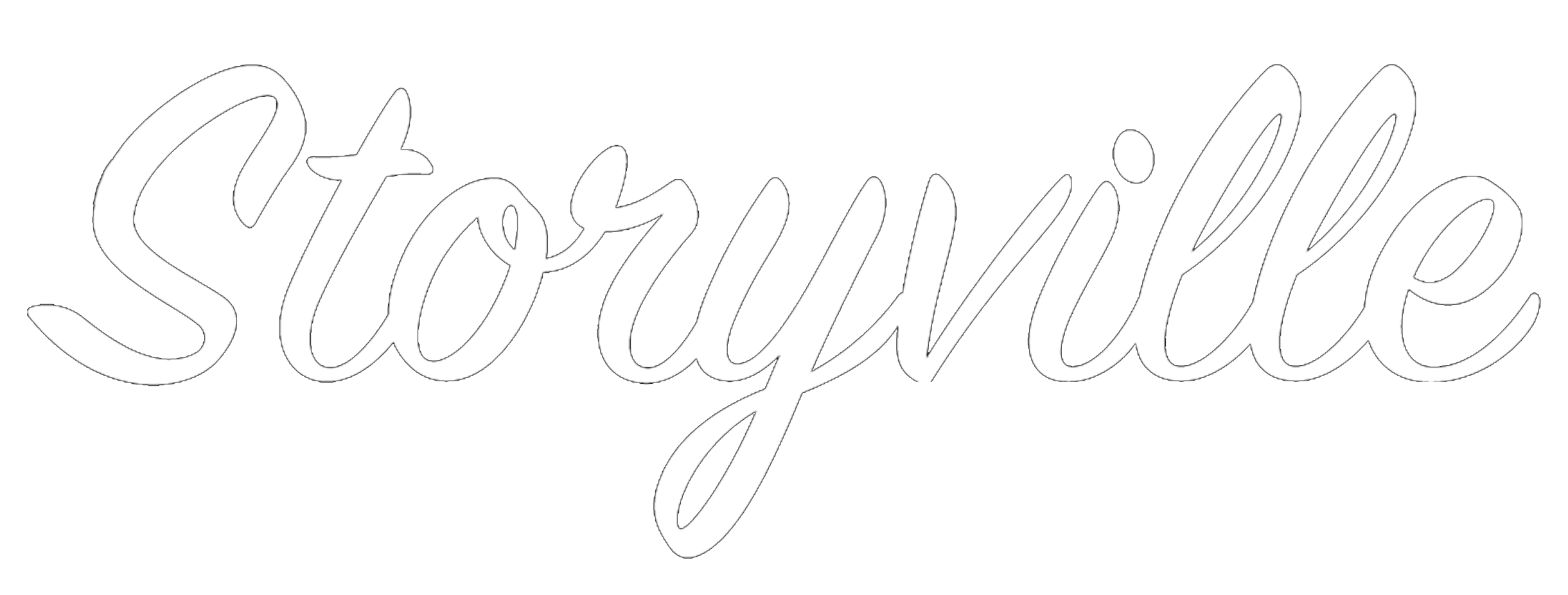
Flash fiction is described as a fully executed short story that tends to be under 1,000 words. It isn’t just short—it still has to have all the components of a short story: hook, conflict, tension, plot, setting, theme/mood, and resolution. In many ways, flash fiction has more to do with prose poetry than a short story—every word has to be carefully selected, some having multiple meanings, relying on inference, foreshadowing, and declarative sentences to fill in back story and events that take place off the page, while still creating characters that we care about. And that isn’t easy.
Course overview
This class includes frequent writing assignments, building toward a polished piece of flash fiction. Richard will use his own flash and micro-fiction as a teaching tool—along with stories from authors like Ray Bradbury, Kurt Vonnegut, Philip K. Dick, Ernest Hemingway, and Lydia Davis.
BOOKS
None. But if you’d like to read some great flash fiction check out our recommended reading on our Resources page.
who is this class for?
Advanced students who are looking to take their writing to the next level.
Writers who have a hard time writing to a certain length.
Authors who are struggling with complete scenes, within a story, or novel.
Writers who have a hard time compressing, and tend to write long, rambling stories that are without focus, theme, plot, conflict, and/or resolution.
Writers who are looking to understand the differences in flash fiction, and master the form.
syllabus
Day One: Flash Fiction Defined // Lecture on flash fiction. What is it? What is the structure? Freytag’s Pyramid discussed, overview of narrative hooks. Assignment: write a micro-story in six sentences.
Day Three: Reduction // We will revisit the reduction section from the flash fiction column. Various ways to reduce the word count without losing the essential content will be discussed. Assignment: assigned reading. Write three micro-stories and then reduce them.
Day Five: Off the page // We will discuss several ways to hint at things that happen off the page—starting in media res, the tip of the iceberg, foreshadowing, and more. Assignment: assigned reading. Write a 500-word story, applying the techniques you’ve learned.
Day Seven: One Idea, One Emotion // We will discuss the concepts of pursuing one idea, or one emotion, and how you might make that happen on the page. Assignment: assigned reading. Write 600-word story.
Day Nine: Depth // Lecture on how to build depth through layers, theme, and mood. Assignment: List conflicts (internal and external), symbolism, and insight, and then expansion on theme and mood in 500 words.
Day Eleven: Format // Lecture on unconventional formats, and different ways you can tell your flash fiction stories, ways that may not work in longer fiction. Assignment: assigned reading of two flash fiction stories. Write a 600-word story based on one of the unconventional formats.
Day Thirteen: Caring // Lecture on the techniques that will help your reader care about your fiction—Manipulating Your Readers, Revealing Character, Breaking Hearts, and Putting Your Life Into Your Fiction. Assignment: read a 1,000-word flash fiction story. Write a full, 1,000-word flash fiction story.
Ready to sign up? We’d love to have you.
Clicking the Enroll button will redirect to LitReactor’s site to purchase your class.
the details
Class Size: 20 Students
Cost: $199
Platform: LitReactor
Structure: Forum
Duration: 2 weeks
Clicking the Enroll button will redirect to LitReactor’s site to purchase your class.
objectives
To write several rough draft flash fiction stories of varying lengths.
To understand the difference between flash and short fiction.
To understand the essential elements of successful flash fiction.
To learn how to write a specific word count.
To learn how to write a complete story in very few words.
Banner image by Pixabay on Pexels
Bottom image by NASA
“Richard is a tireless and dedicated teacher. Regardless of class size, every lesson feels like a one-on-one meeting with an expert on craft. Every time I’ve worked with him, I’ve moved my writing up a level.”




